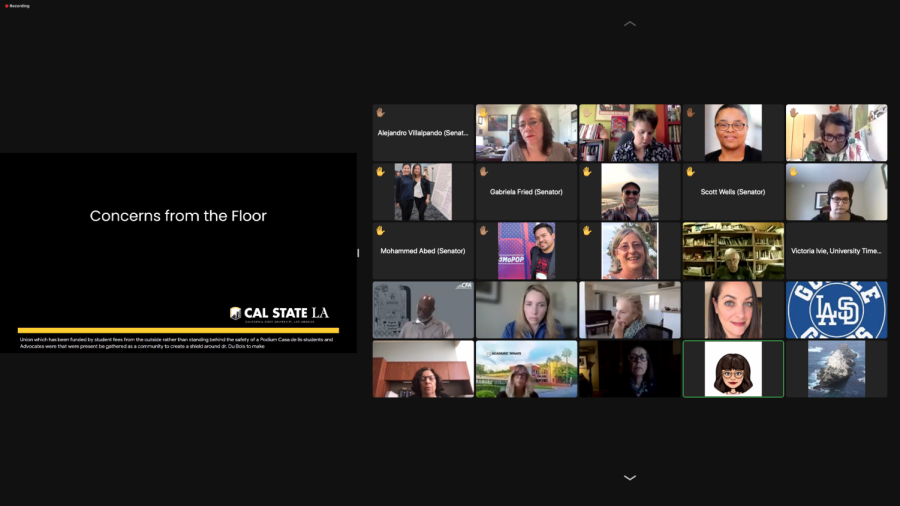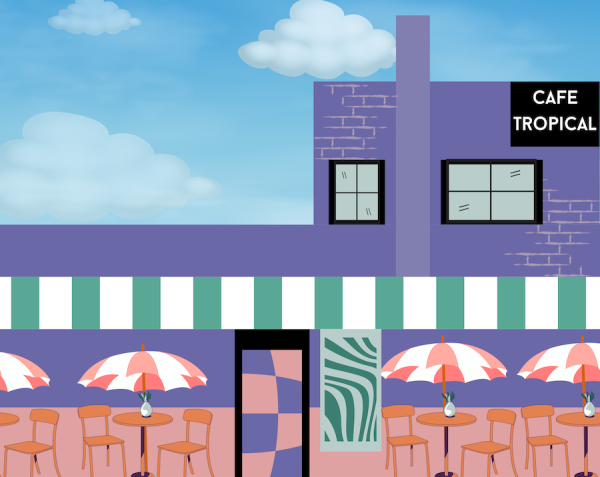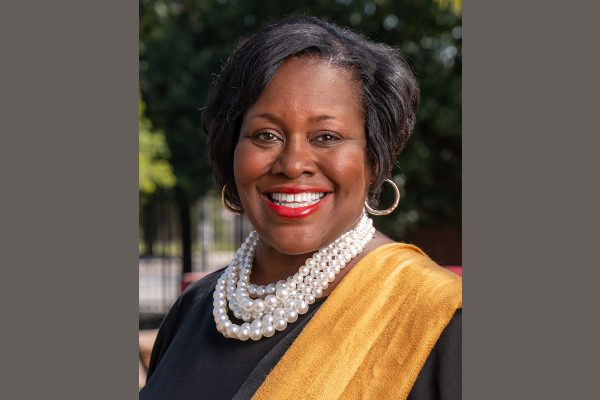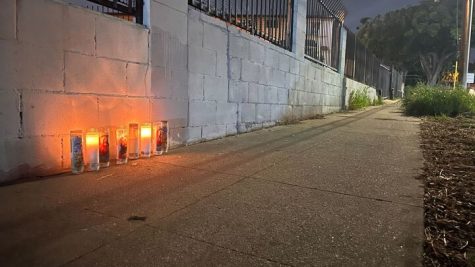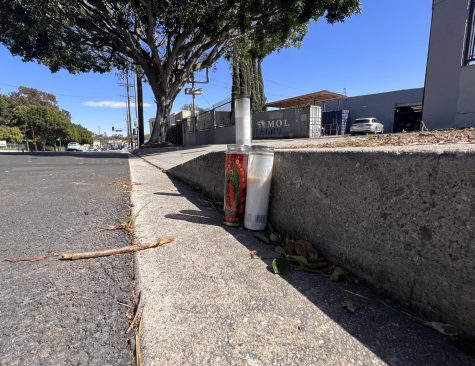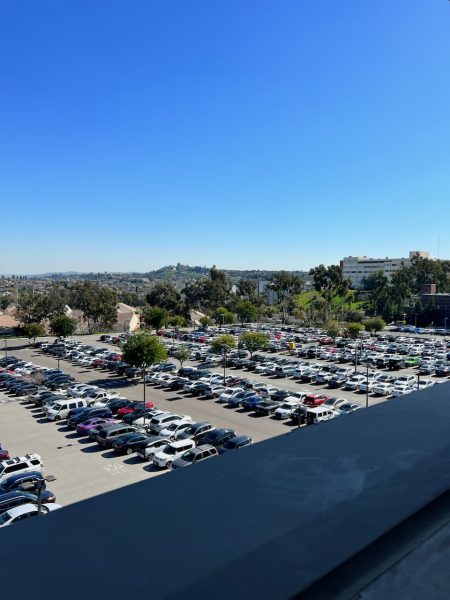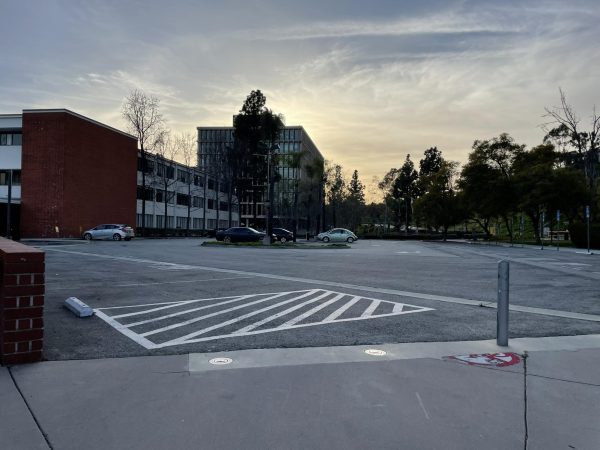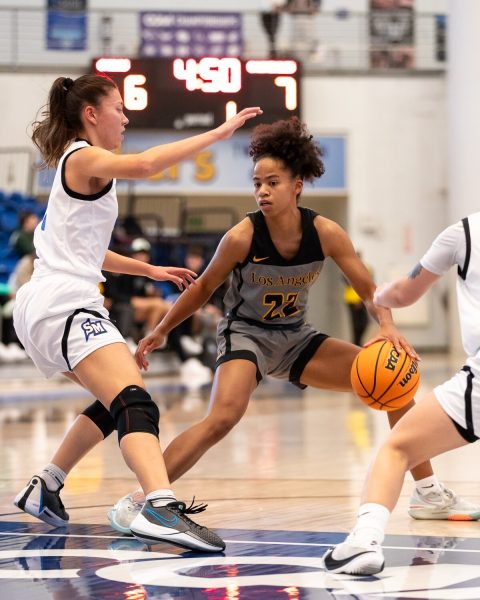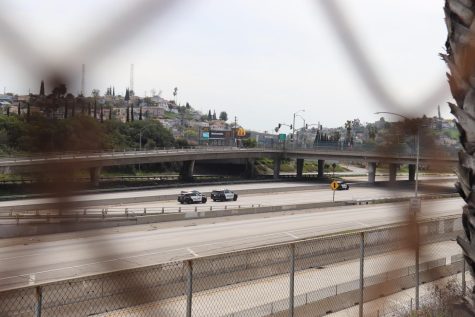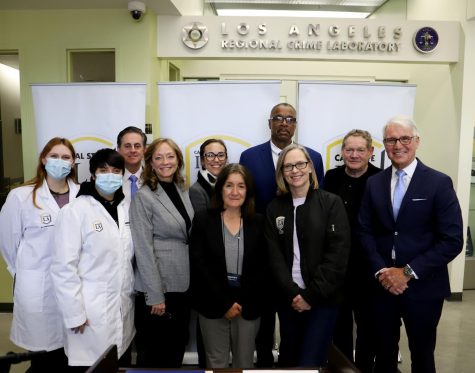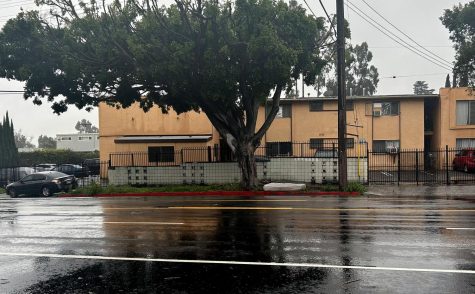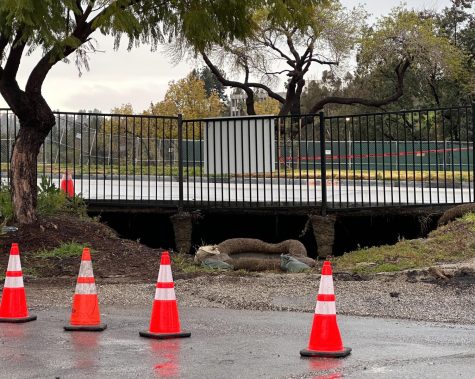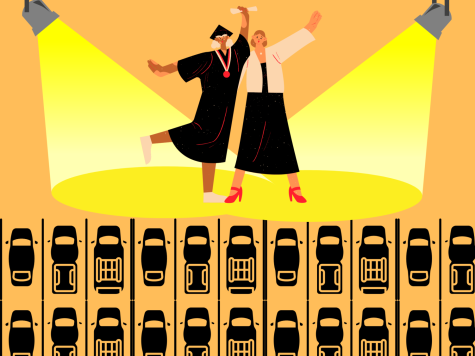BREAKING: Community demands better from administration at Academic Senate
Screengrab from the senate meeting with participants waiting to speak about various topics.
Emotions ran high at Tuesday’s Academic Senate Zoom meeting, with at least three faculty calling for President Covino’s resignation.
On May 1, Melina Abdullah, a Cal State LA professor and Black Lives Matter LA co-founder, was forcibly removed by her arms and legs from the campus theater where mayoral candidates debated each other. Four armed police officers dragged Abdullah out of the theater. Over 25 people spoke up at today’s Senate meeting, voicing concerns and disapproval of the university and its administration following Abdullah’s treatment at the event.
The Senate meeting started with 140 attendees but reached nearly 200 people. The Senate meeting ran over time and lasted almost three hours. Near the end of the meeting, there were still over 150 people in attendance.
Senators from different departments began yielding their time to members of the Cal State LA community who expressed their thoughts and concerns on what happened May 1.
Randy Santiago, a third-year political science major, was extremely upset over Sunday’s events.
“I’m tired. I’m angry. I’m frustrated,” Santiago said. “This school and the CSU system is complicit in the oppression of students, faculty, staff and professors. This is a clear reminder that the school doesn’t care about the well-being of our Black, brown, indigenous people of color. Again, the white supremacist institution continues to silence and oppress Black women.”
Many speakers who talked during the “floor concerns” portion of the meeting expressed outrage over Covino and the university’s lack of action.
“President Covino, is this the protection of our Cal State LA faculty? You are responsible to ensure that our faculty safety and the culture of respect are adhered to on this campus,” Senator Leda Ramos said. “This racist and sexist action we saw… completely negates the recently passed Academic Senate resolution on university-wide guiding principles for equity, diversity, inclusion and belonging at Cal State LA. I spend hours in the Academic Senate doing my due diligence to contribute to the well-being of students and faculty on this campus and yet I do not see the same energy and commitment from the president of the school.”
Another Senate member, Molly Talcott, called what happened “a failure of Covino’s leadership.”
There were also multiple students who spoke about wanting less campus police. At least four students said police presence is threatening and something for students of color to fear.
Twice administration was given time to address topics and concerns attendees spoke of and both times no one came forward. It is unclear if any administration was in the Senate meeting or not.
Multiple speakers called Covino and Cal State LA anti-Black.
“What happened Sunday… isn’t isolated,” Abdullah said. “It wasn’t the first time I’ve been assailed or Black people have been assailed at Cal State LA. Cal State LA is known now throughout the Black community as one of the most anti-Black campuses in the country. It is part of what has been Covino’s legacy of anti-Blackness.”
Abdullah’s past examples of alleged anti-Blackness include university resistance to an ethnic studies requirement in 2014; conservative Ben Shapiro being allowed on campus in 2015 where Abdullah alleged he targeted Black students as well as gay and trans students; and in 2020 when Abdullah and other speakers said Covino refused to meet with Black faculty, staff, students and community following the killings of George Floyd and other Black people at the hands of police.
“There’s an ongoing assault of Black faculty, students, staff and community at Cal State LA,” she continued. “I’m hurt that I’ve given 20 years of my life to Cal State LA and an administration led by Bill Covino, continues to treat me as if I’m some sort of pariah, as if I don’t belong on a campus I helped build.”
Covino did not respond to the University Times’ (UT) request for comment but the communication office said it wanted to be consistent in its rules for event attendees.
“Professor Melina Abdullah and her companion were not on the guest or media list for the event,” the university told the UT. “An event organizer informed the pair twice that they could not remain. Professor Abdullah’s race and group affiliation were not factors in this incident. Others who were not on the media or guest lists were not allowed into the theater.”
Spaces on campus are routinely reserved or rented for use by student groups as well as outside entities. These spaces are for ticketed, registration-based, or invitation-based events, according to the university.
“There should not be an expectation that any event held at a public university is open to everyone who wants to attend—whether the event is a concert, a classroom lecture, or a debate,” the university told the UT.
Reporter Will Baker contributed to this piece.
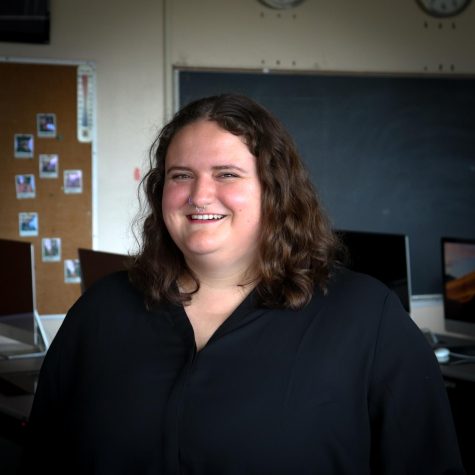
Victoria Ivie (she/they) is a fourth-year journalism major. She is the Editor-in-Chief of the University Times and writes with a focus of undercovered...

